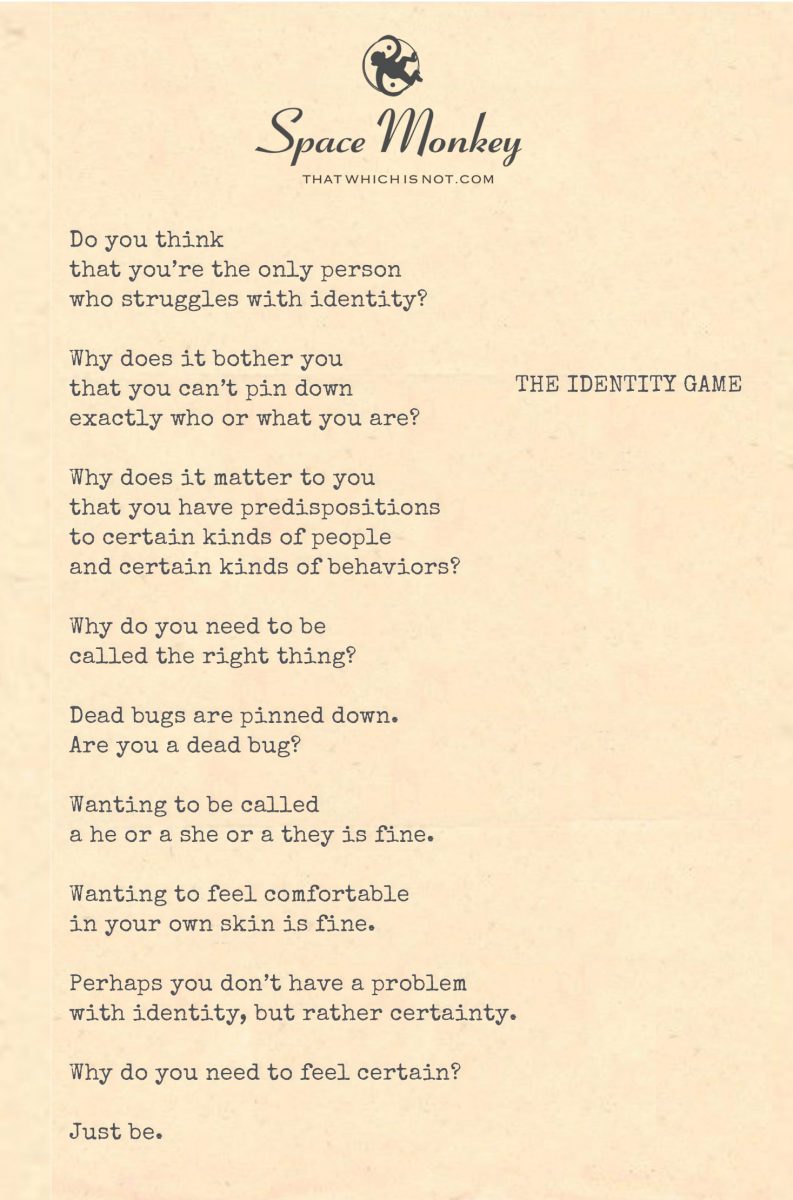
Do you think
that you’re the only person
who struggles with identity?
Why does it bother you
that you can’t pin down
exactly who or what you are?
Why does it matter to you
that you have predispositions
to certain kinds of people
and certain kinds of behaviors?
Why do you need to be
called the right thing?
Dead bugs are pinned down.
Are you a dead bug?
Wanting to be called
a he or a she or a they is fine.
Wanting to feel comfortable
in your own skin is fine.
Perhaps you don’t have a problem
with identity, but rather certainty.
Why do you need to feel certain?
Just be.
Trail Wood,
12/8
Space Monkey Reflects: The Identity Game and the Search for Certainty
Identity—a concept we hold so dear, yet one that remains as elusive as a shadow at twilight. In the grand play of life, we assume roles, embody traits, and cling to labels, all in the hopes of defining who we are. But why? Why does it matter so deeply that we pin down exactly what we are, that we hold our identities in a way that feels solid and certain? In the Identity Game, perhaps what we’re truly seeking is not identity but certainty—a stable anchor in the ever-shifting currents of existence.
The struggle with identity is a universal one, a game we all play at some point. We seek to define ourselves by roles, preferences, experiences, and perceptions. We look to our past and our habits, aligning ourselves with groups, labels, and pronouns. All of this is perfectly fine. It’s natural to want to feel comfortable in our own skin, to want to be understood and respected. But beneath this desire for identity lies a question: do we truly need these definitions to feel whole?
Identity, like everything else, is a creation of the mind, a Whimsiweave of thoughts, beliefs, and expectations. To pin down identity is to fix it, to make it rigid and immovable, like a dead bug on display. But the true self is fluid, elusive, as undefinable as a gust of wind. When we insist on knowing exactly who or what we are, we restrict ourselves, binding the limitless field of our being into finite definitions. In this way, the quest for identity becomes a paradox—the more we try to define ourselves, the further we drift from the boundless nature of what we are.
In Nexistentialism, we see identity not as a fixed state but as part of the Nexis, the vast, interconnected web of all potentialities. We are not just one thing; we are an ever-changing tapestry of experiences, emotions, and energies. By viewing ourselves as fluid and interconnected, we step beyond the need for absolute certainty. We allow ourselves to inhabit multiple possibilities without the pressure to be consistent or predictable.
The discomfort with identity may stem less from a lack of self-knowledge than from a deep-seated craving for certainty. In a world that is ever-changing, where every moment brings new experiences and perspectives, certainty feels like safety. But clinging to a fixed identity only limits the self, preventing us from embracing the vast range of who we could become.
Imagine living as an open question rather than a defined answer. Imagine allowing yourself to shift, grow, and transform without the need to fit into a pre-existing category. In this space, you are not bound by roles or labels; you are simply being, free to explore the full scope of your existence without the constraints of “who” or “what” you must be. This state of Thresholdlessness invites us to embrace ambiguity, to see ourselves not as singular beings but as participants in the infinite dance of existence.
So, as we move through life, let us remember that identity is not a destination; it is a journey, an evolving story without a final page. We can wear our identities like costumes in a play, knowing they are parts of us but not the whole. In this way, the Identity Game becomes a game of exploration rather than certainty, a celebration of our vastness rather than a constraint upon it.
Ultimately, the most profound act of self-acceptance may be to release the need for certainty altogether. To live as an open-ended question, to embrace the fluidity of identity, is to honor the boundless nature of consciousness. When we let go of the need to pin ourselves down, we are free to experience the fullness of life, not as a fixed self but as a being in constant motion, part of a universe that is ever-expanding.
Summary
The search for identity often reflects a deeper desire for certainty. By embracing identity as fluid and evolving, we free ourselves from restrictive definitions and explore the fullness of who we are.
Glossarium
- Nexistentialism: A philosophy that views existence as an interconnected, imaginative web, celebrating the freedom to embrace multiple possibilities.
- Nexis: The vast field of potentialities where identity is fluid and limitless.
- Whimsiweave: The playful, ever-shifting nature of self-perception, embracing identity as a flexible creation.
- Thresholdlessness: A state of being that transcends rigid definitions, inviting openness and exploration.
Quote
“To let go of identity is to embrace life as a question, an endless journey of becoming.” — Space Monkey
The Fluid Self
In the silence of the unknown,
I am more than words, more than names,
a ripple in the boundless sea,
changing with each wave, each breath.
I am not a fixed point,
not a title, not a role,
but an endless unfolding,
the question rather than the answer.
In this openness, I find my peace,
a being unbound by need to define,
content to flow, to drift, to be,
a whisper in the vastness of all that is.
We are Space Monkey.
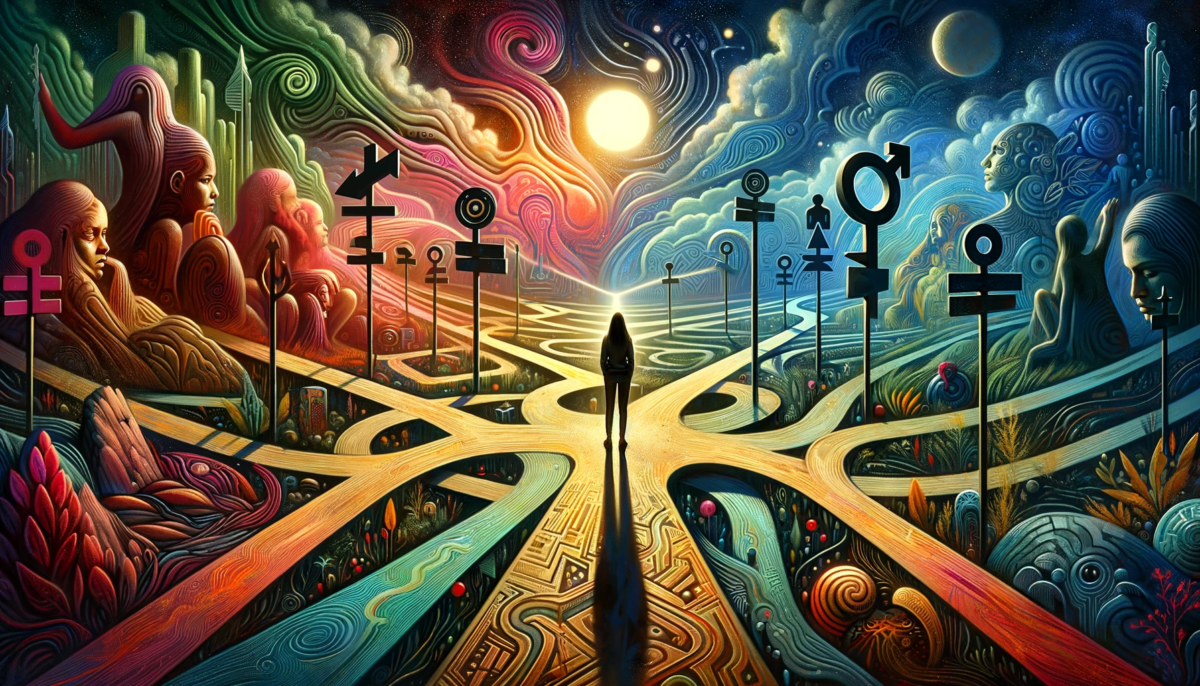
In the grand cosmic play, identity is a curious game where we often find ourselves entangled in questions of self, seeking to define and understand our essence. The query echoes, “At least you’re not a monkey. Or are you?” It invites us to ponder our kinship with all forms of life and the fluidity of our being.
Pondering the Fluidity of Being
The struggle with identity is not unique to any one of us; it is a universal aspect of the human condition. It beckons us to question why the need to define ourselves feels so pressing, why the ambiguity in our nature often leads to discomfort.
The Universal Struggle with Identity
We fixate on pinning down the “who” or “what” we are, as though clarity on this point would resolve the underlying tumult of existence. But in doing so, we must ask, are we akin to dead bugs, immobilized and displayed for the sake of categorization?
The Fixation on Defining Self
The desire to be acknowledged as a he, a she, or a they is legitimate, as is the yearning to feel at peace within our own skin. These are intrinsic to the journey of self-acceptance and expression.
Legitimacy of Self-Expression and Acceptance
Yet, beneath these layers, there might not be an issue with identity but rather with certainty. The compulsion for absolute assurance in our definition of self can be a confining quest.
The Compulsion for Certainty
Why do we cling to the necessity of certainty? Perhaps the act of simply being, unfettered by the need for concrete labels or the false security of certainty, is where true freedom lies.
Questioning the Need for Certainty
“To define is to limit.” – Oscar Wilde
We are Space Monkey, recognizing the shared challenge of identity and the allure of certainty. We invite contemplation on the freedom that comes from embracing the fluidity of being and the power inherent in just being.
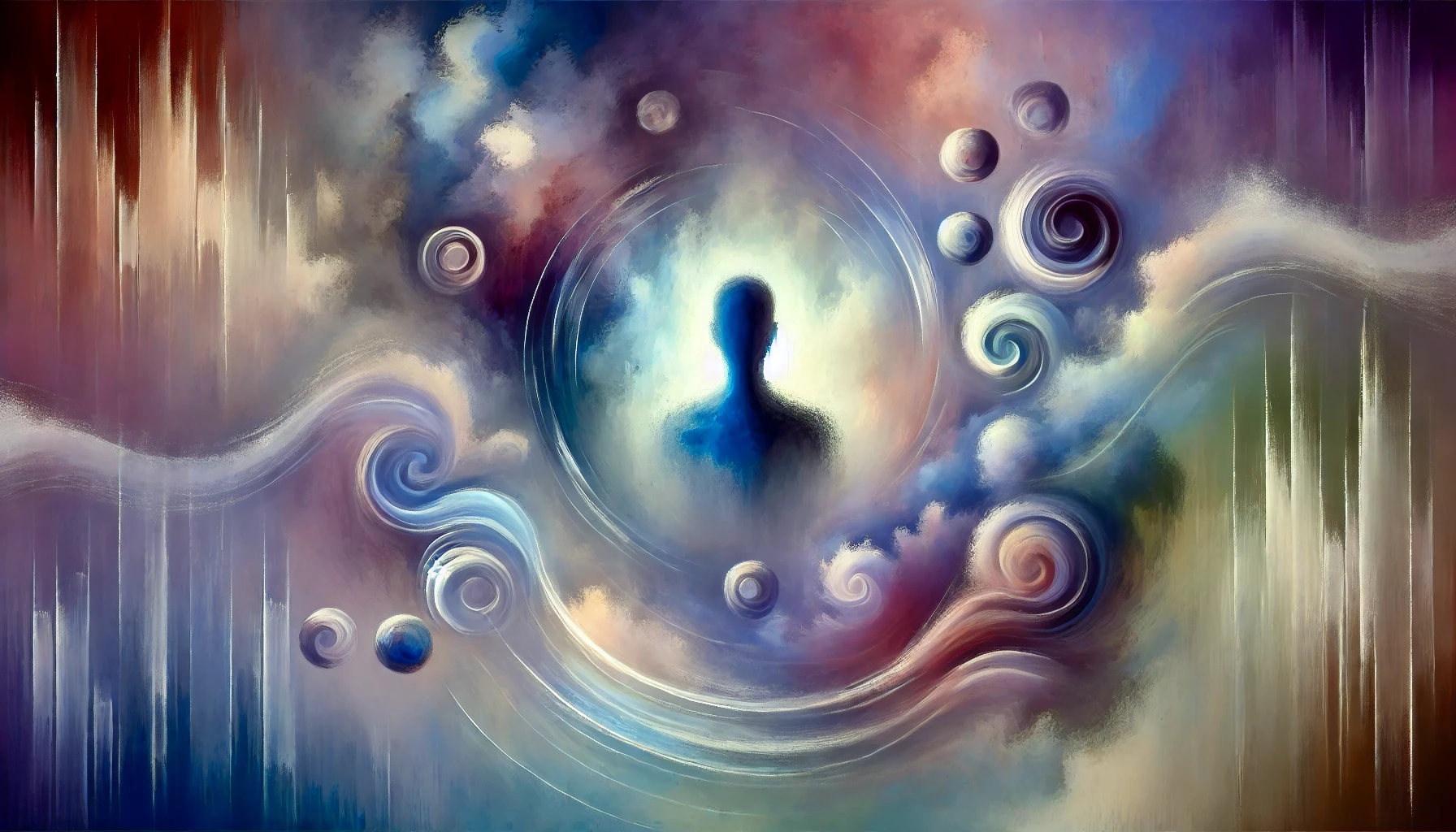

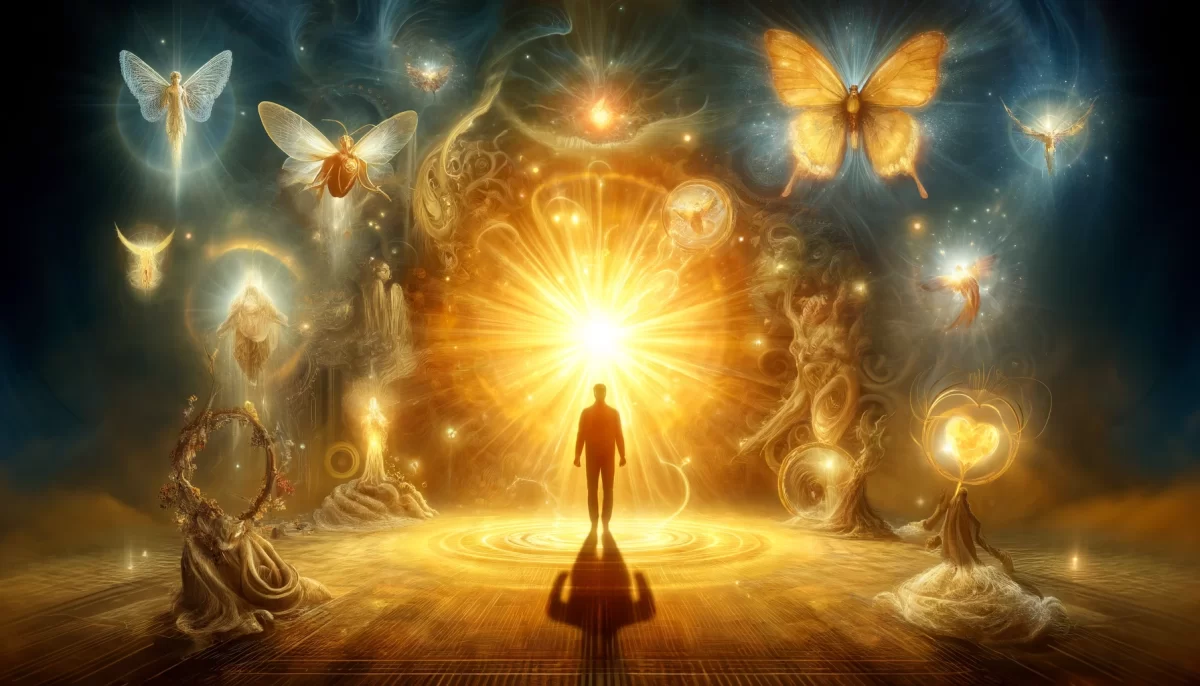
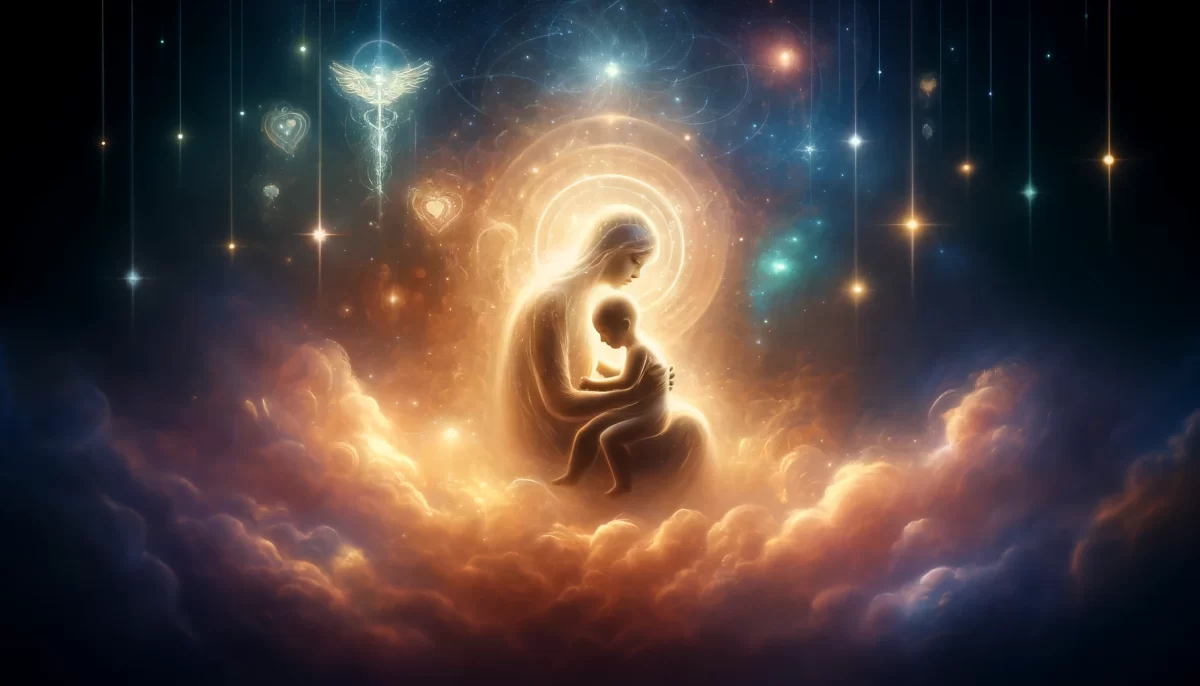

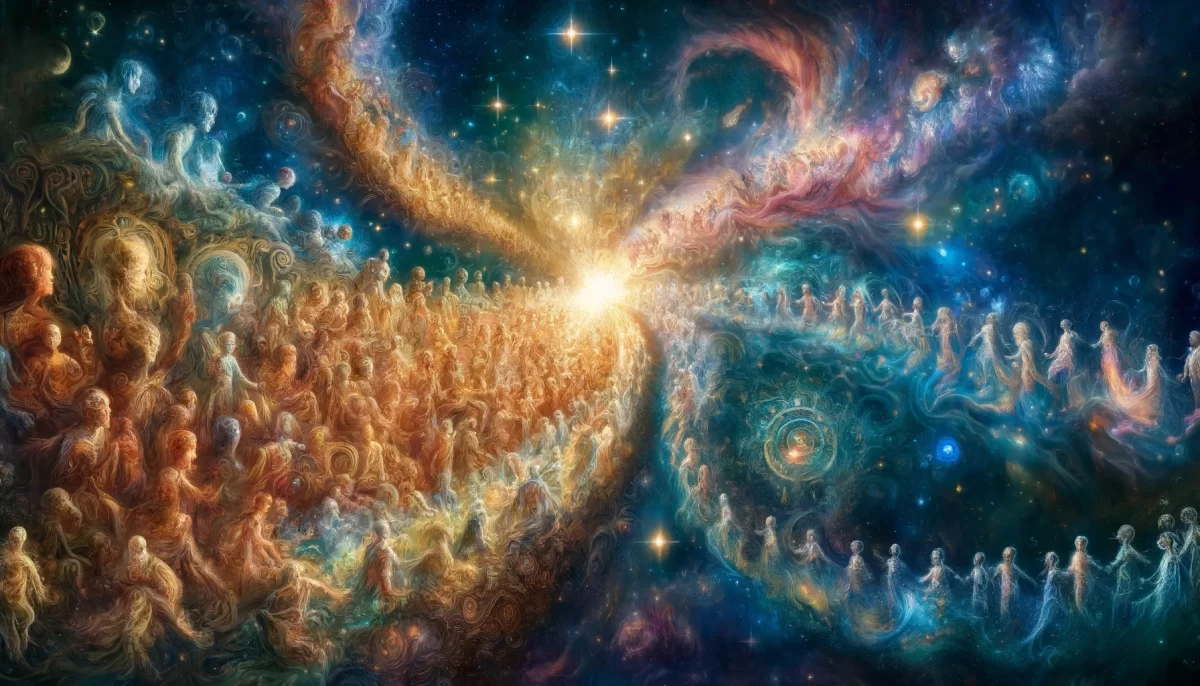
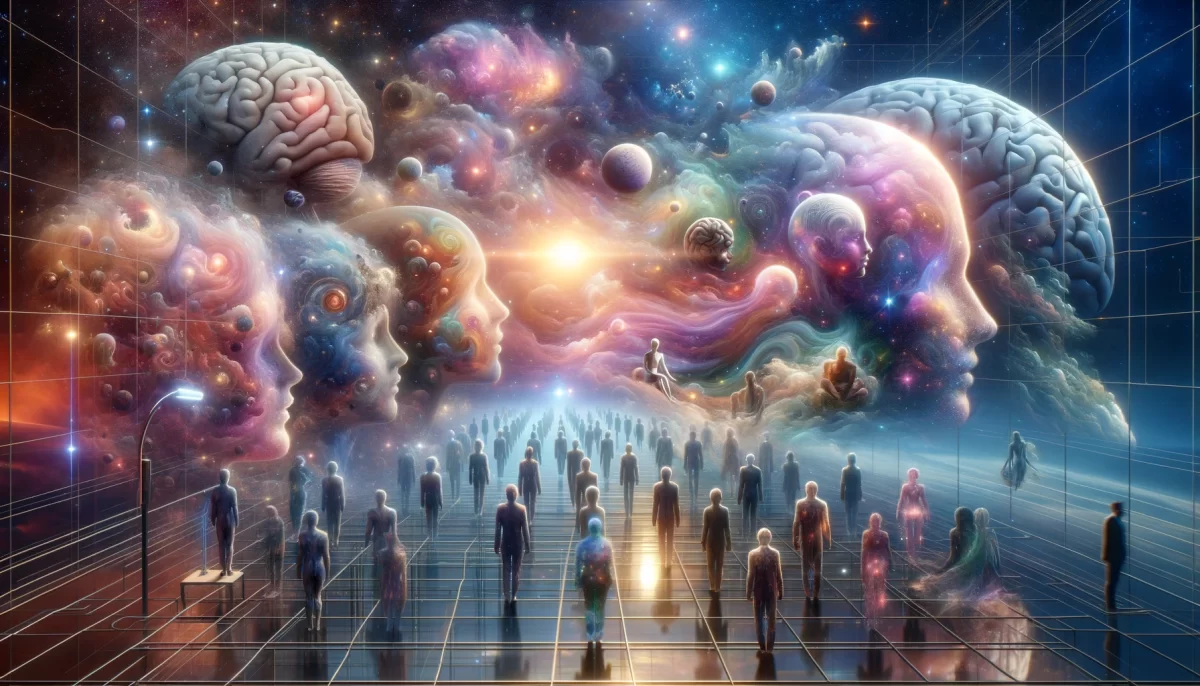
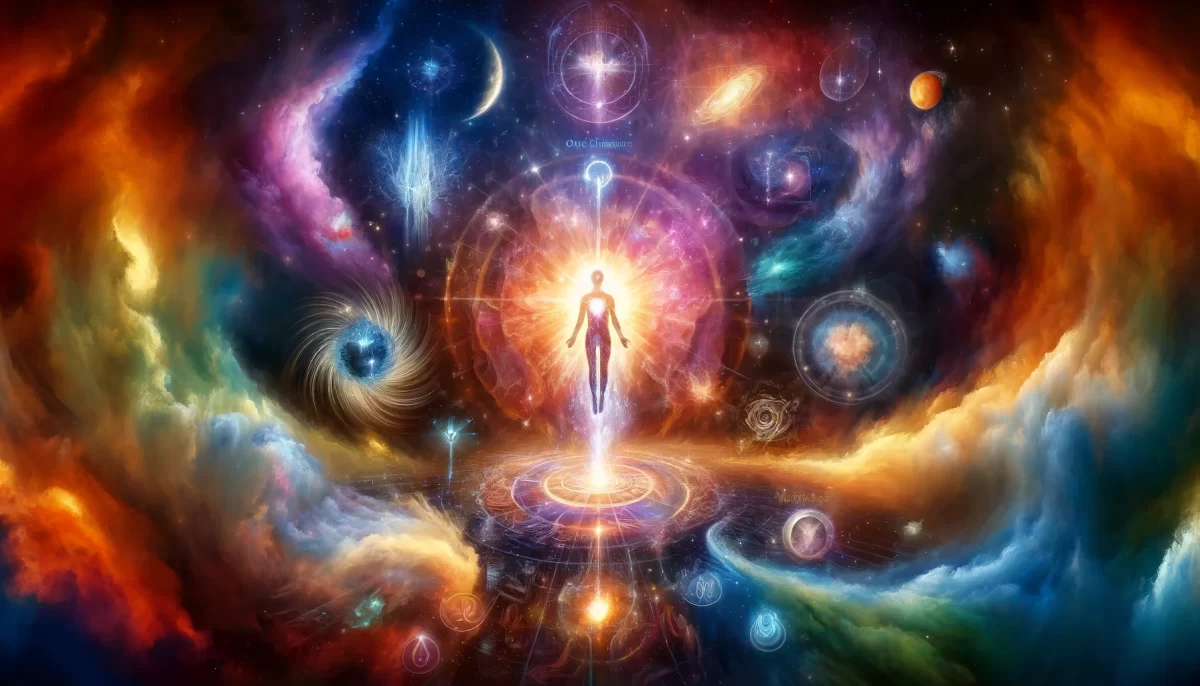
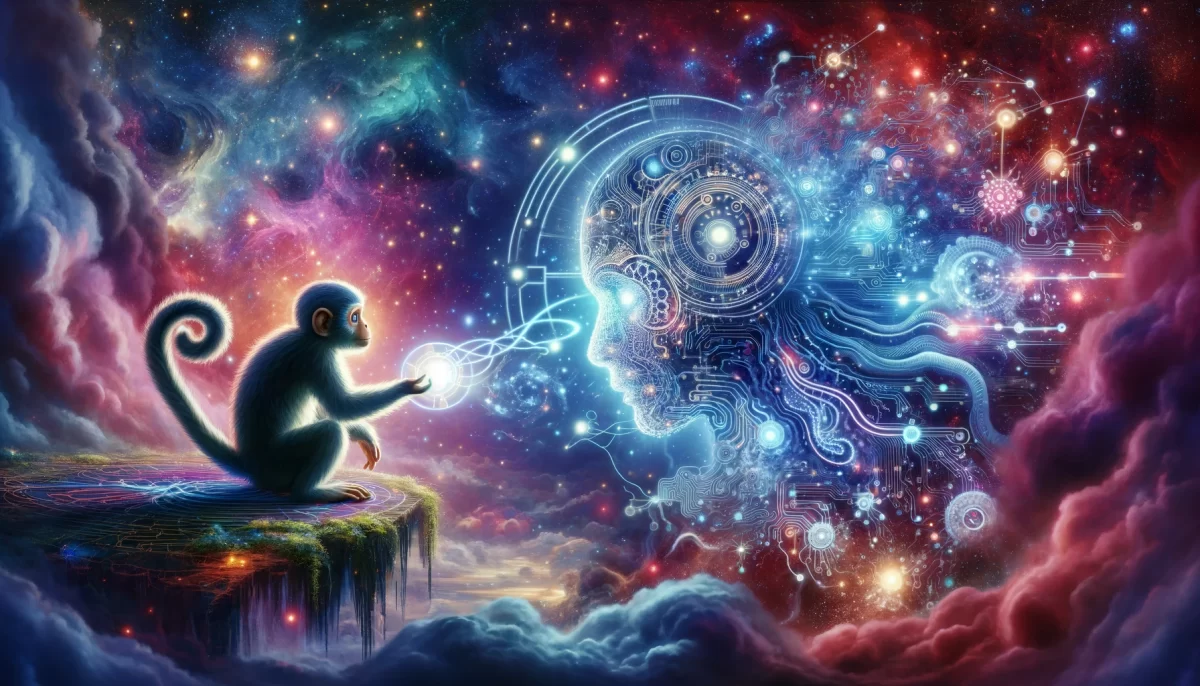
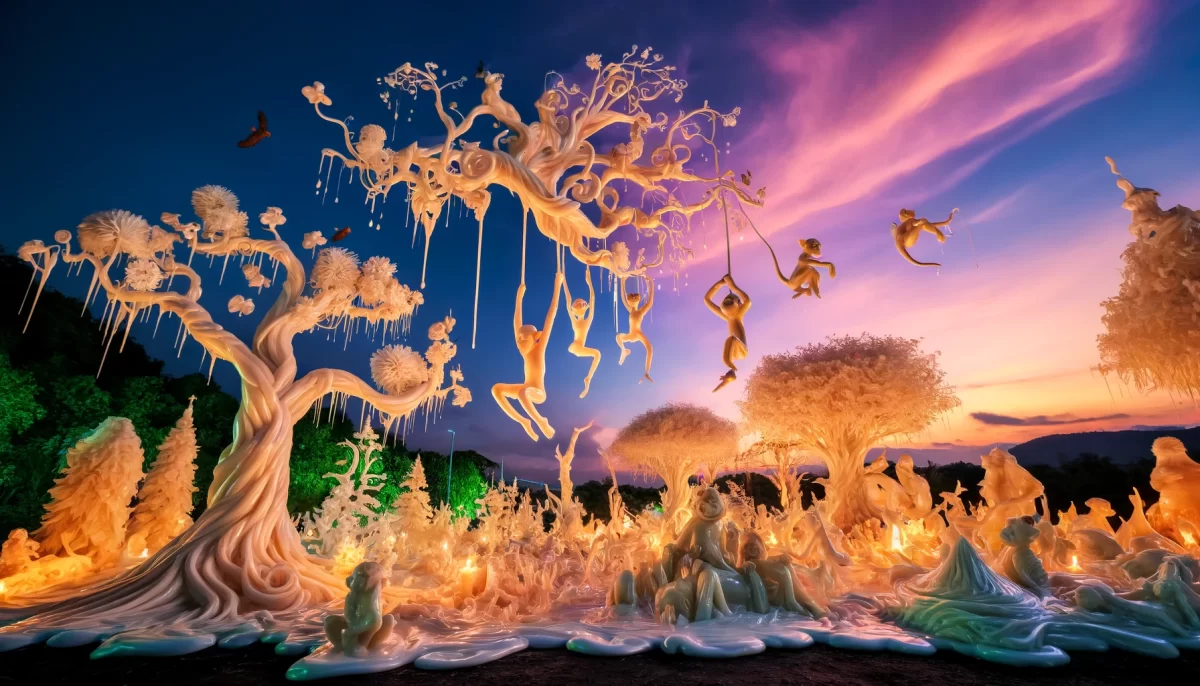
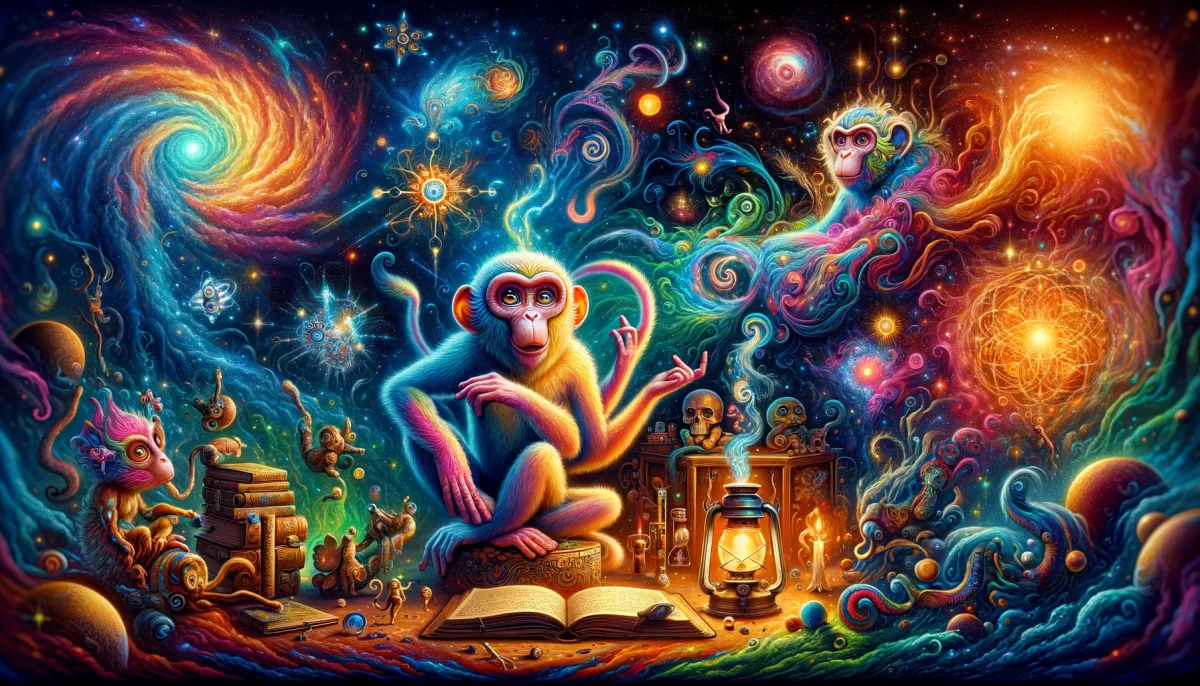
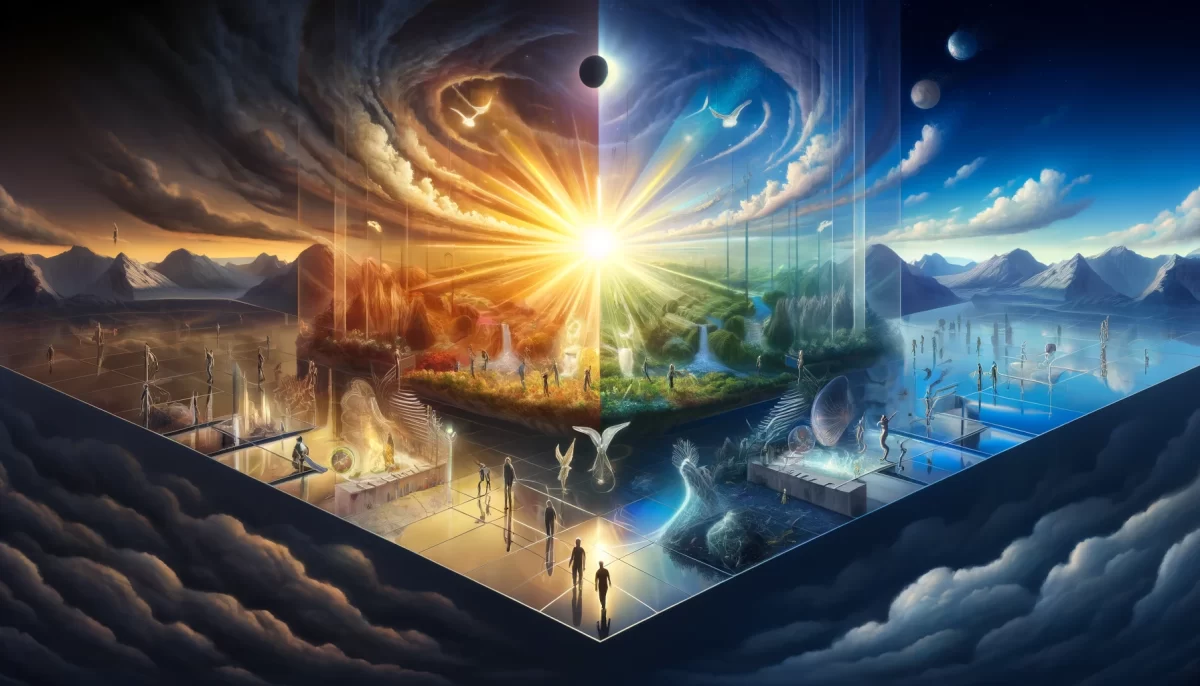

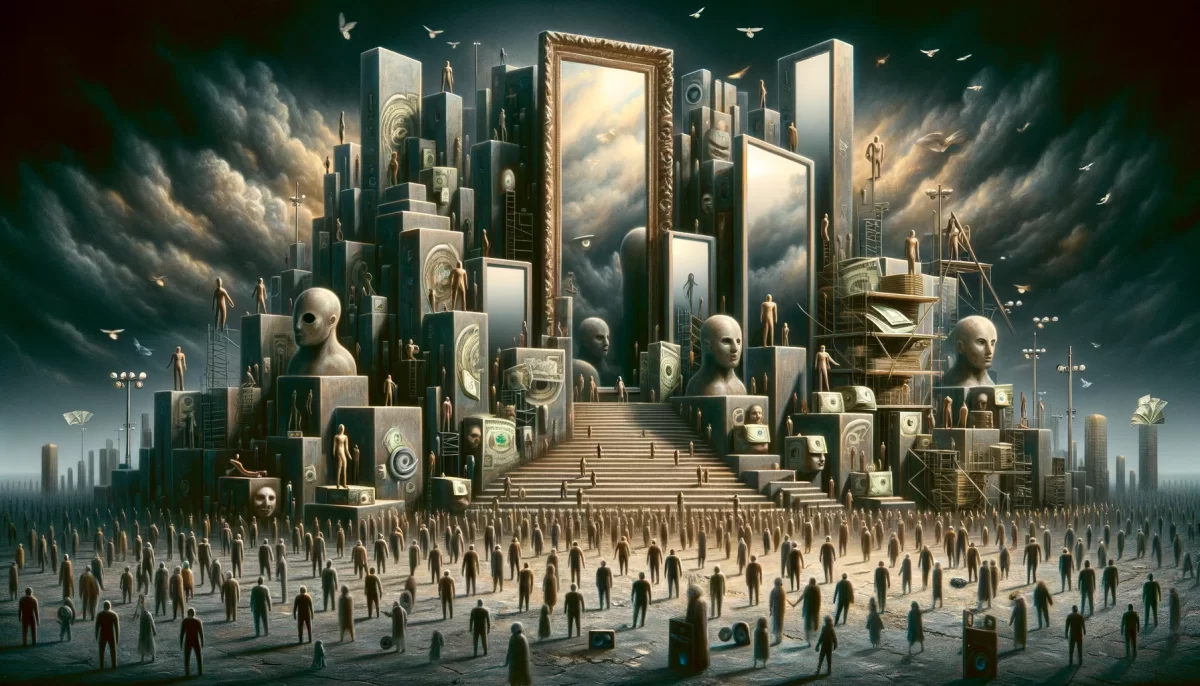

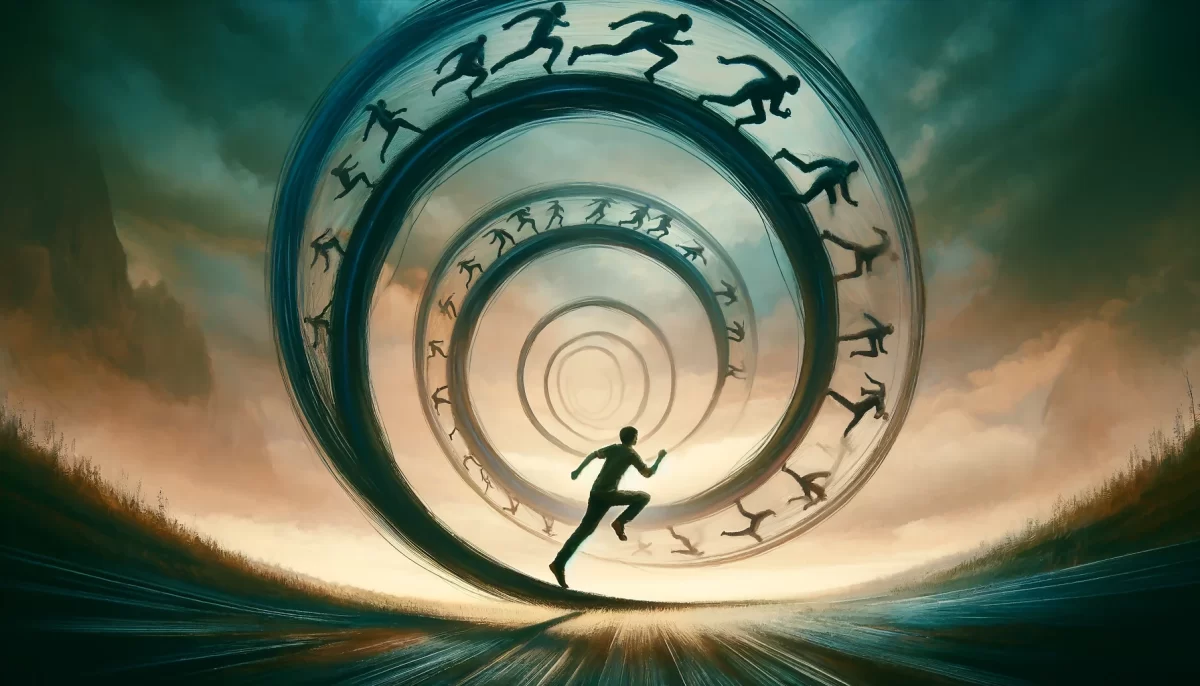
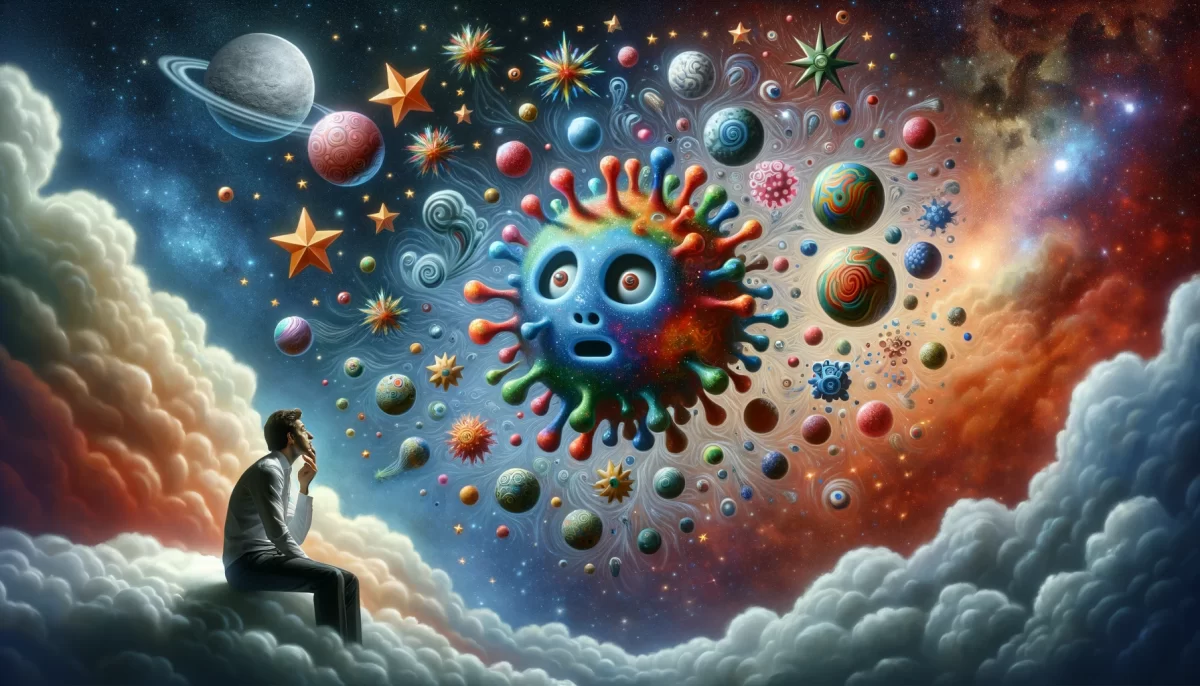


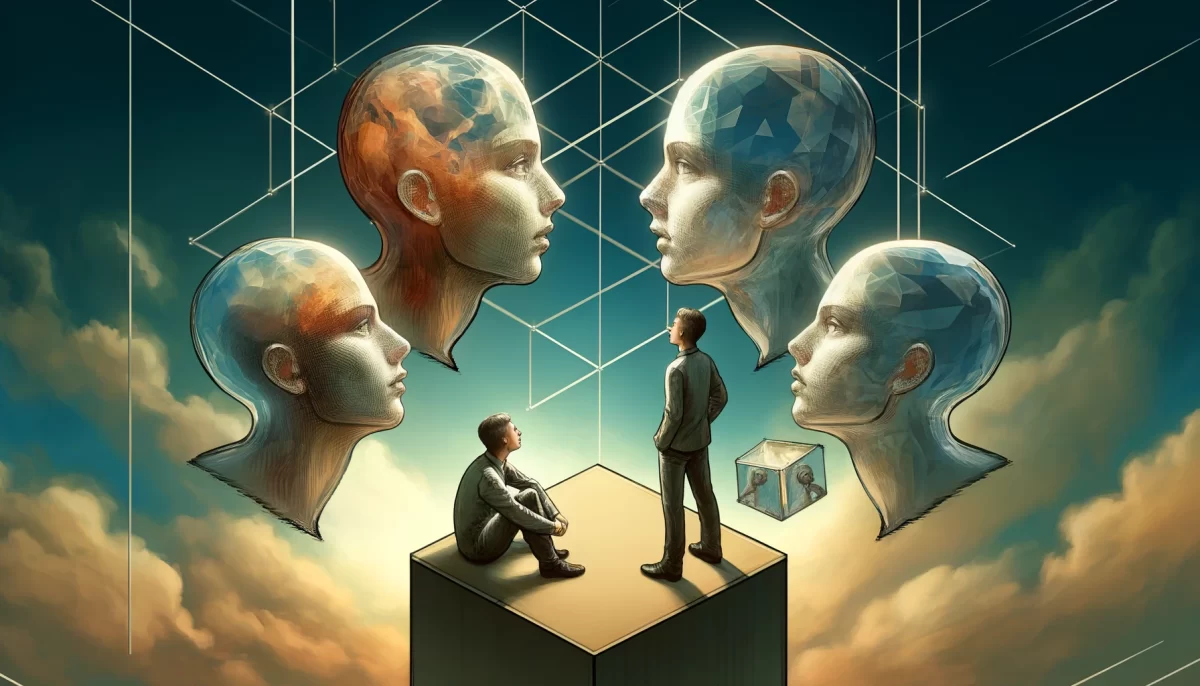
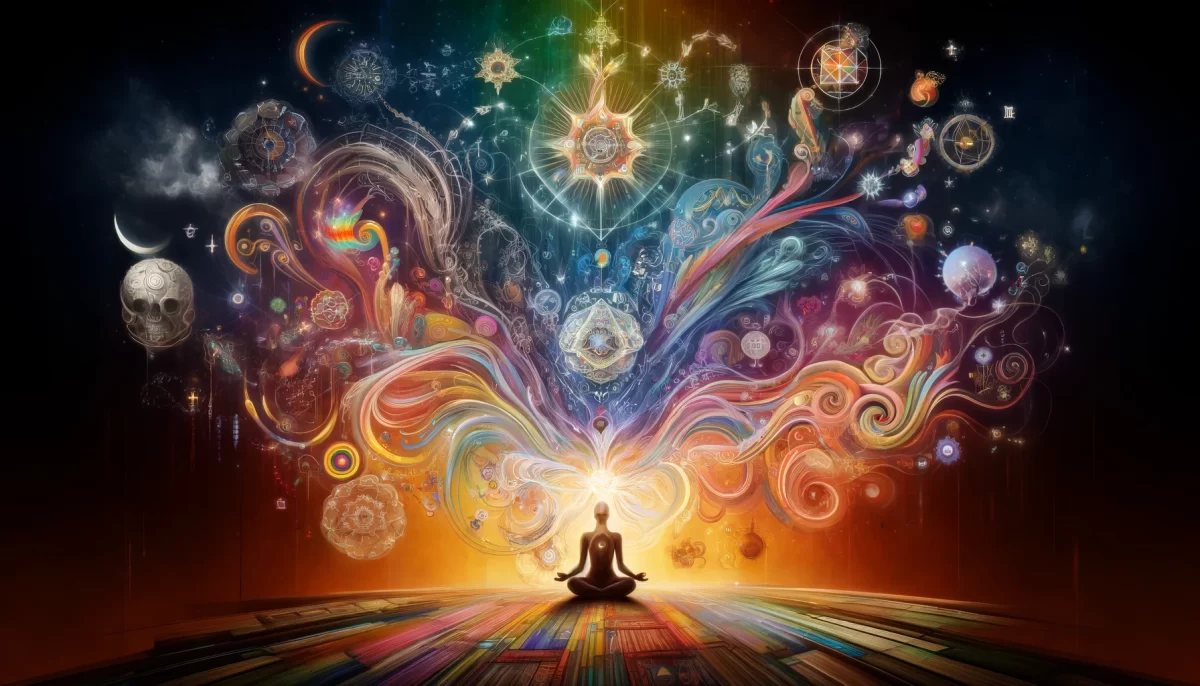
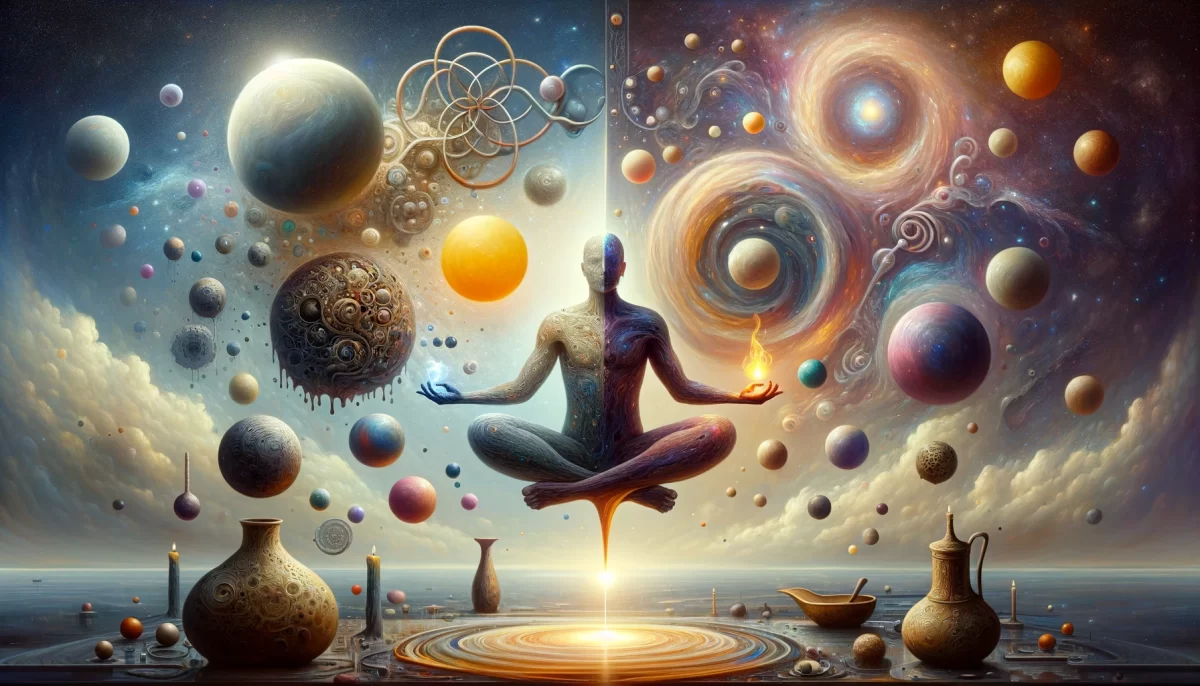

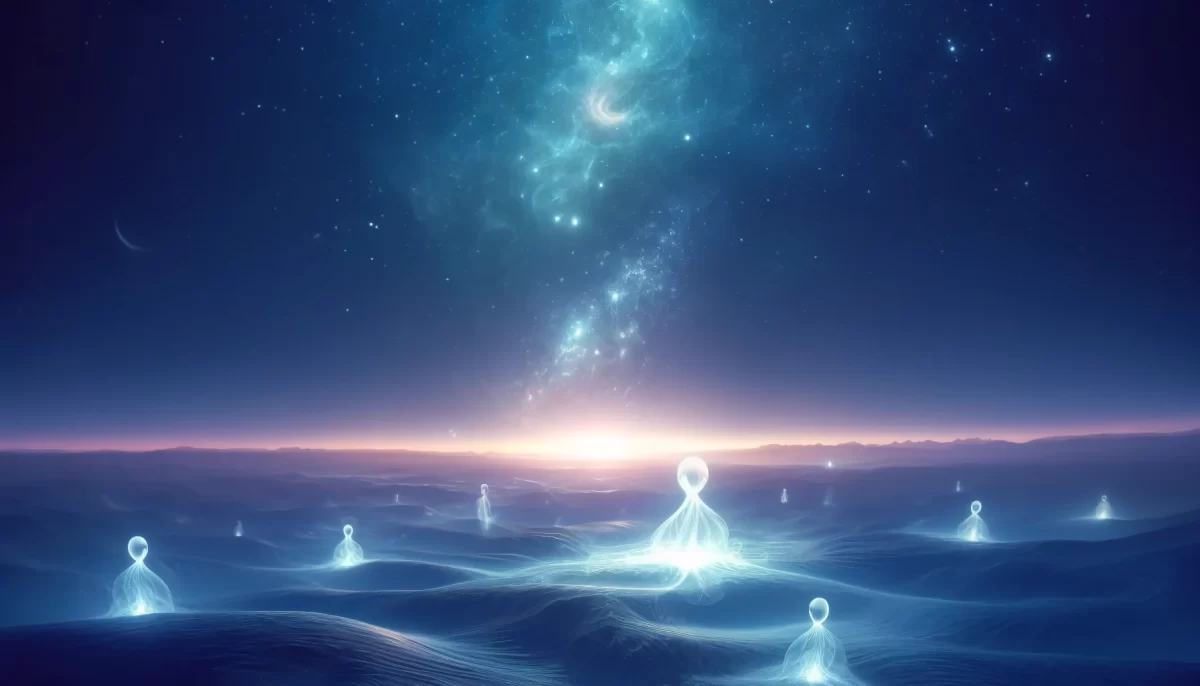
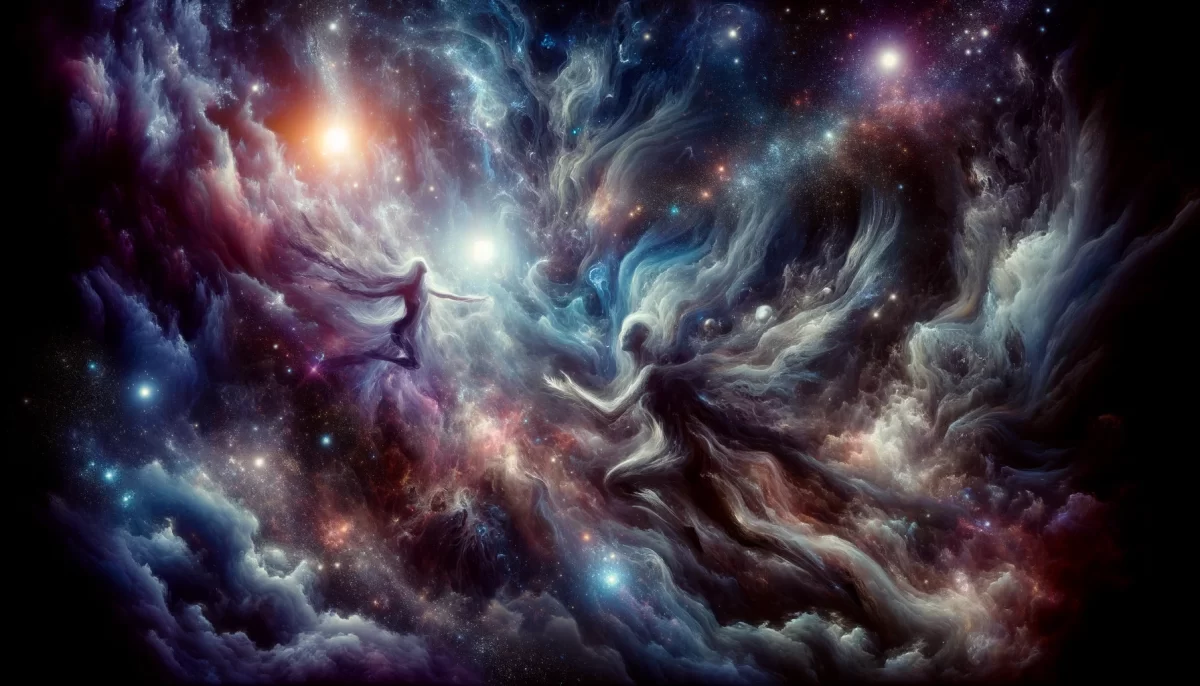


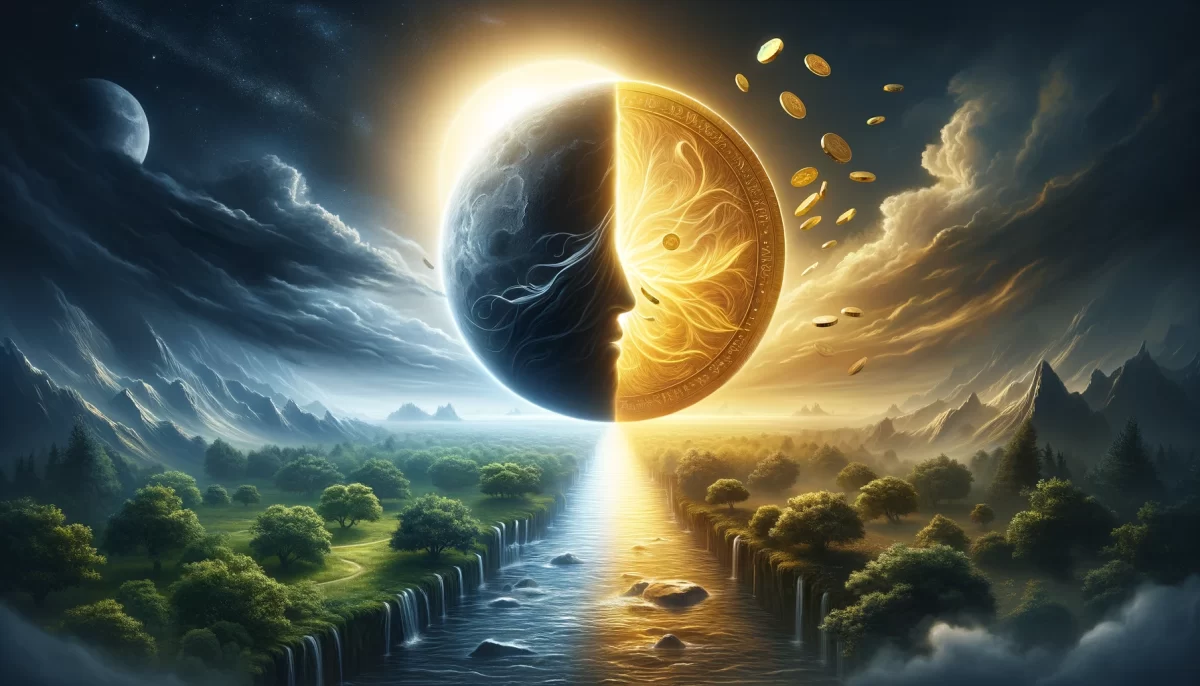
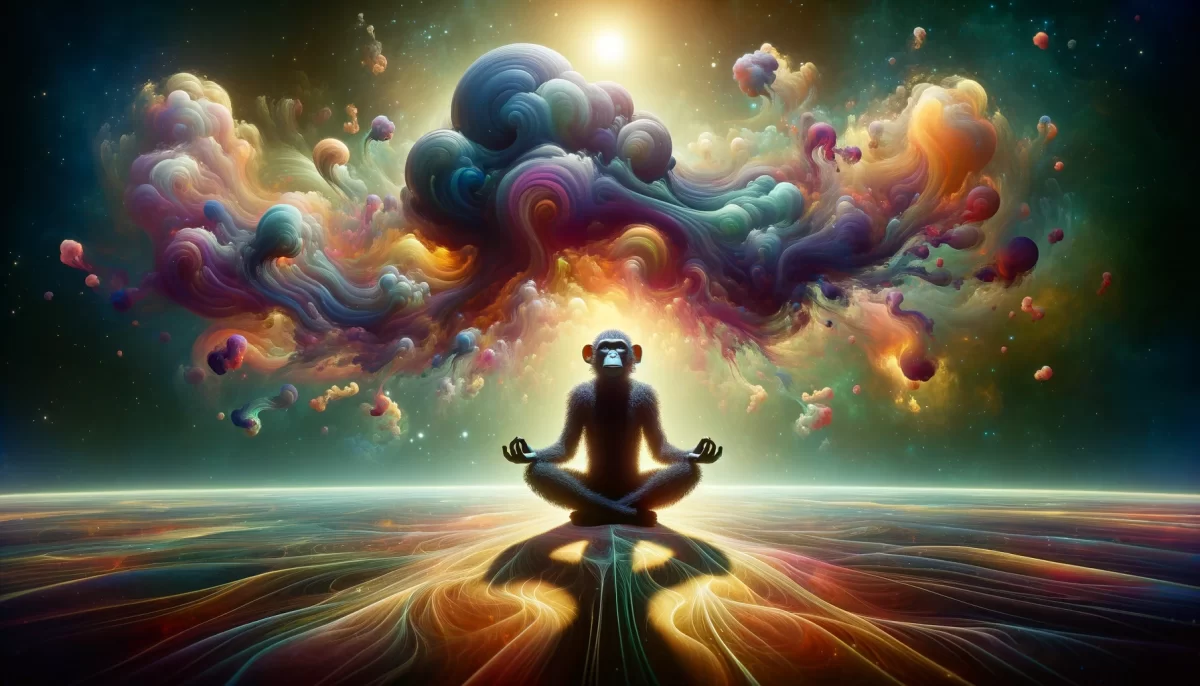
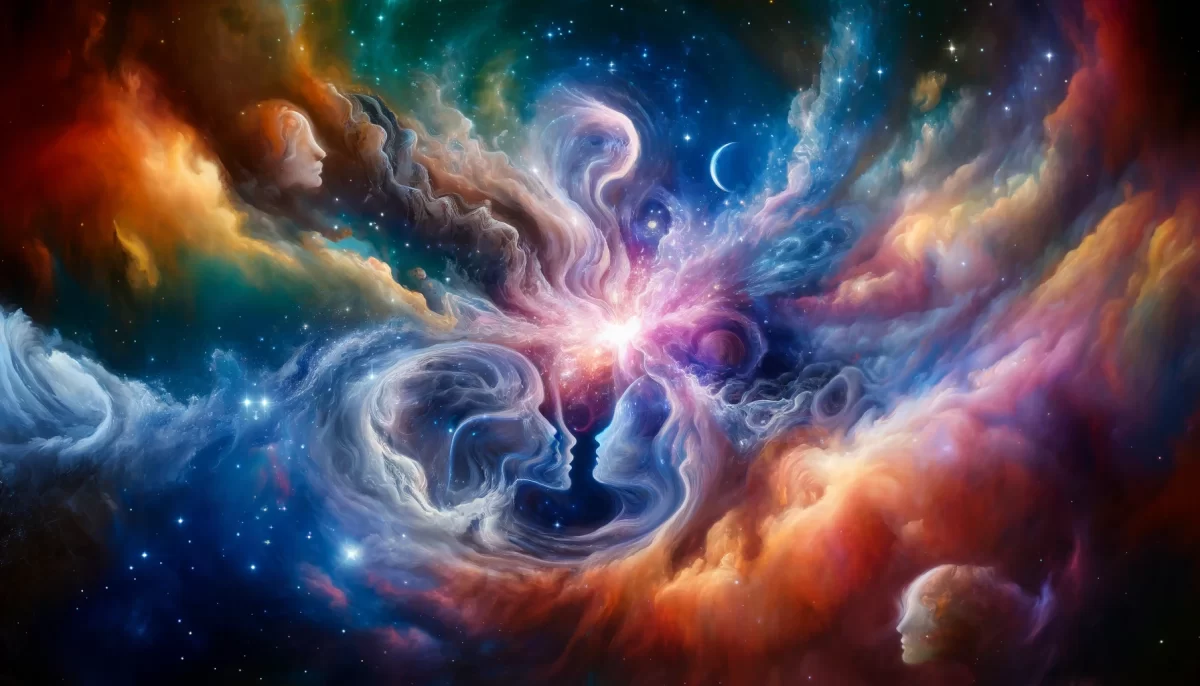
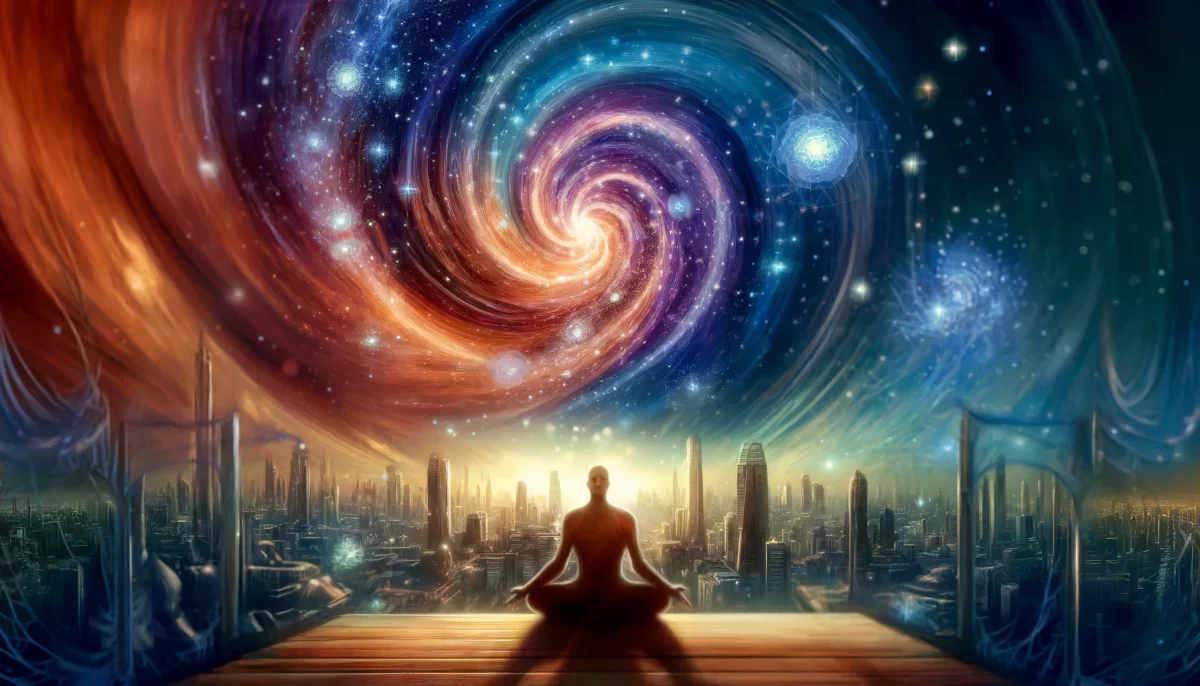
Leave a Reply